Abstract
Background
Chronic kidney disease is associated with a high incidence of acute coronary syndrome and related morbidity and mortality. Treatment choices for patients with chronic kidney disease involve trade-offs in the potential benefits and harms of invasive management options.
Objective
The objective was to quantify preferences of patients with chronic kidney disease toward invasive heart procedures.
Design
Design and pilot a discrete choice experiment.
Setting
We piloted the discrete choice experiment in 2 multidisciplinary chronic kidney disease clinics in Calgary, Alberta, using an 8-question survey.
Patients
Eligible patients included those aged 18 years and older, an estimated glomerular filtration rate < 45 mL/min/1.73 m2, not currently receiving dialysis, and able to communicate in English.
Measurements
Quantification of the average importances of key attributes of invasive heart procedures.
Methods
We identified attributes most important to patients and physicians concerning invasive versus conservative management for acute coronary syndrome, using semi-structured qualitative interviews. Levels for each attribute were derived from analysis of early invasive versus conservative acute coronary syndrome management clinical trials and cohort studies, where subgroups of patients with chronic kidney disease were reported. We designed the pilot study with patient partners with relevant lived experience and considered statistical efficiency to estimate main effects and interactions, as well as response efficiency. Hierarchical Bayesian estimation was used to quantify average importances of attributes.
Results
We recruited 43 patients with chronic kidney disease, mean (SD) age 67 (14) years, 67% male, and 35% with a history of cardiovascular disease, of whom 39 completed the survey within 2 weeks of enrollment. The results of the pilot revealed acute kidney injury requiring dialysis and permanent kidney replacement therapy, as well as death within 1 year were the most important attributes. Measures of internal validity for the pilot discrete choice experiment were comparable to those for other published discrete choice experiments.
Limitations
Discrete choice experiments are complex instruments and often cognitively demanding for patients. This survey included multiple risk attributes which may have been challenging for some patients to understand.
Conclusions
This pilot study demonstrates the feasibility of a discrete choice experiment to quantify preferences of patients with chronic kidney disease toward the benefits and trade-offs related to invasive versus conservative management for acute coronary syndrome. These preliminary findings suggest that patients with chronic kidney disease may be on average similarly risk averse toward kidney replacement therapy and death. This pilot information will be used to inform a larger discrete choice experiment that will refine these estimates of patient preferences and characterize subgroups with distinct treatment preferences, which should provide new knowledge that can facilitate shared decision-making between patients with chronic kidney disease and their care providers in the setting of acute coronary syndrome.
Wilson T, Javaheri P, Finlay J, Hazlewood G, Wilton SB, Sajobi T, Levin A, Pearson W, Connolly C, James MT
Canadian Journal of Kidney Health and Disease
Published 2021
Research Project: APPROACH
Connect with us!
Subscribe to learn more about what we do, why it matters, and how you can get involved!




